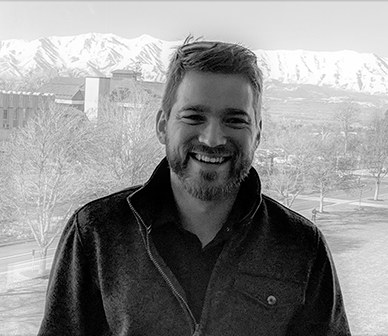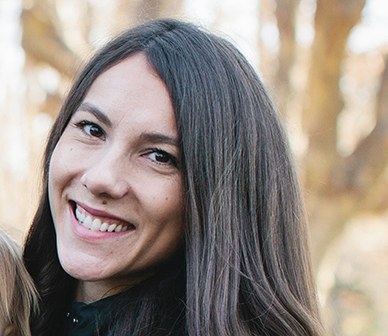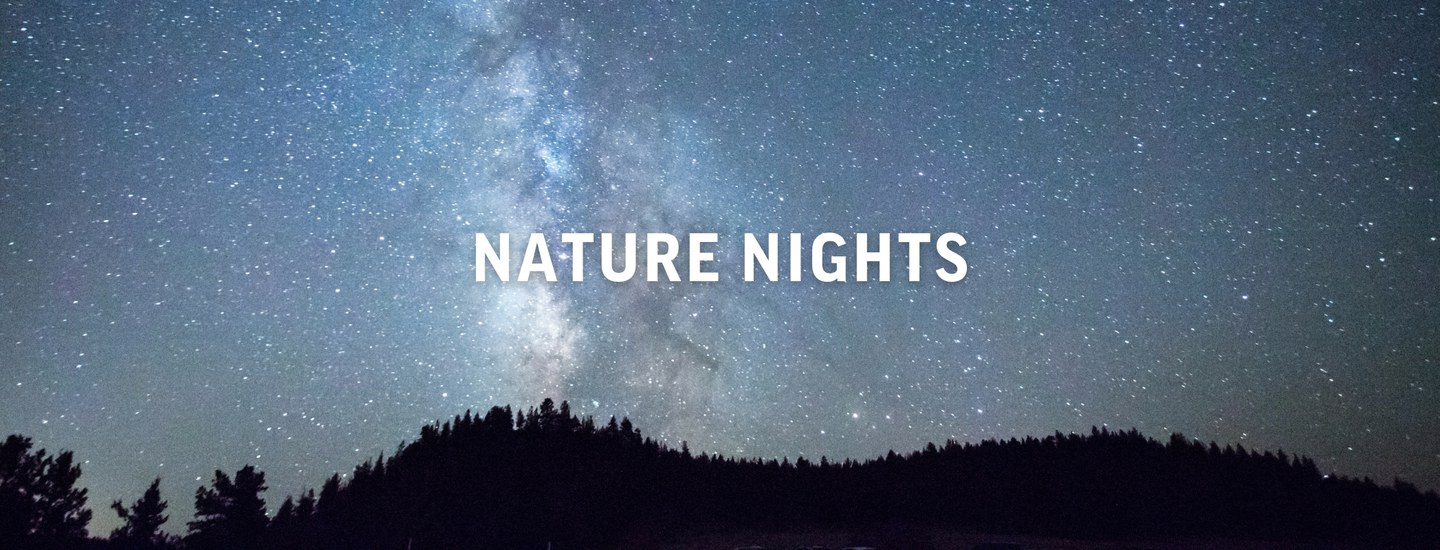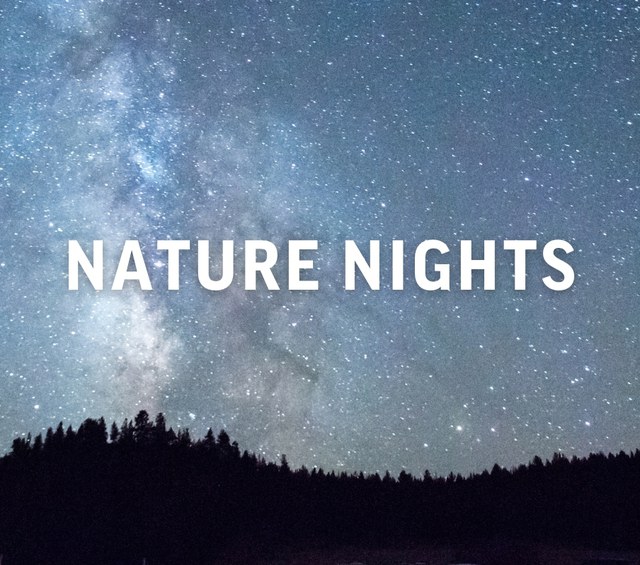Thanks to those of you who tuned in to our January Nature Night, A Low-to-No Snow Future! It was an educational and engaging presentation from Dr. Alan Rhoades and Dr. Erica Siirila-Woodburn. If you missed it or would like to see parts of it again, you can watch a recording of their presentation below.
If you'd like, you can also check out Dr. Rhoades' and Dr. Siirila-Woodburn's presentation slides.
Both Dr. Rhoades and Dr. Siirila-Woodburn shared how snowpack is being affected and will continue to be affected by climate change, and the impacts of this on our economy, our natural world, agriculture, energy grids, recreation, and more.
However, a low-to-no snow future is not set in stone! Both presenters stressed that there is still time if we move quickly. While there might not be a magic bullet, a portfolio of approaches can be used together to help prevent a low-to-no snow future. Some of the resources mentioned in Dr. Rhoades' and Dr. Siirila-Woodburn's presentation are listed below.
A Low-to-No Snow Future: Resources
- Showyourstripes.info can show you average yearly temperature warming by location around the world.
- Read the report from REI and Protect Our Winters on the Economic Contributions of Winter Sports in a Changing Climate.
- Learn more about ways you can make a difference through electrifying your home.
- Find out more about what it will entail for Oregon to transition to 100% renewable wind, water, and solar energy.
- Check out additional climate change solutions through Project Drawdown.
- Take a more in-depth look at this topic with the paper co-led by Dr. Rhoades and Dr. Siirila-Woodburn, "A low-to-no snow future and its impacts on water resources in the western United States."
 About Dr. Alan Rhoades
About Dr. Alan Rhoades
Dr. Alan Rhoades is a Hydroclimate Research Scientist in the Earth and Environmental Sciences Area of Berkeley Lab who uses climate models to assess how mountainous water cycle processes are influenced by climate change, how those changes might influence water resource management, and how the scientific community might better help water managers preemptively adapt to these changes. Alan was born and raised in northern California and received his B.Sc. in Environmental Science: Option in Atmosphere and Climate from California State University, Chico, and his Ph.D. in Atmospheric Science at the University of California, Davis. Outside of work hours, Alan enjoys hiking, backpacking, bouldering, keeping up with his Weimaraner, Luna, playing/watching sports of all kinds, and taking pictures of nature.
 About Dr. Erica Siirila-Woodburn
About Dr. Erica Siirila-Woodburn
Dr. Erica Siirila-Woodburn is a Hydrology Research Scientist in the Earth and Environmental Sciences Area of Berkeley Lab studying above- and below-ground connections in the water cycle in the face of climate change, including shifts in precipitation patterns and following wildfires. Erica received her Ph.D. from the Colorado School of Mines in 2013 and was a postdoctoral researcher at the Polytechnic University of Catalunya before joining Berkeley Lab in 2015. In her spare time, Erica enjoys hiking and exploring the outdoors with her two young boys.
Learn more:
- What is an Atmospheric River?
- Rain-on-snow Events in Central Oregon
- Five Things to Know about La Niña
- Join us live for our next Nature Night on March 2nd from 7-8:30pm, Is Climate Anxiety Bad for the Planet?


